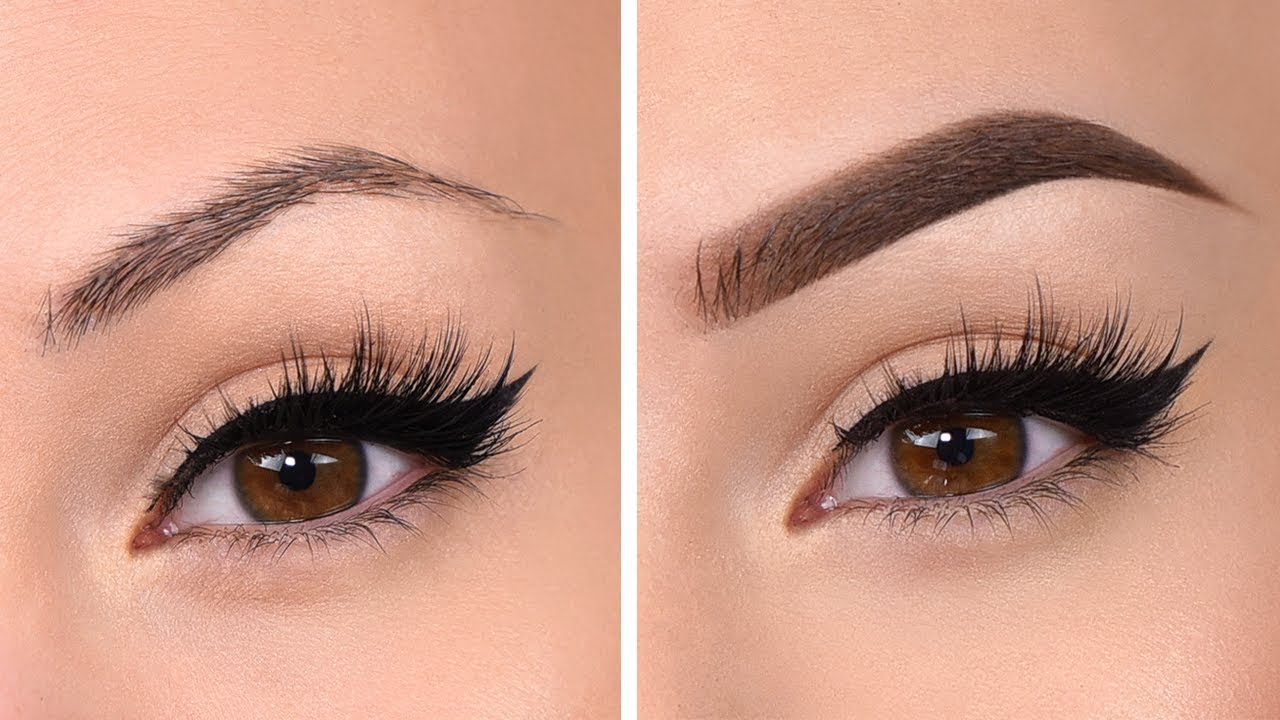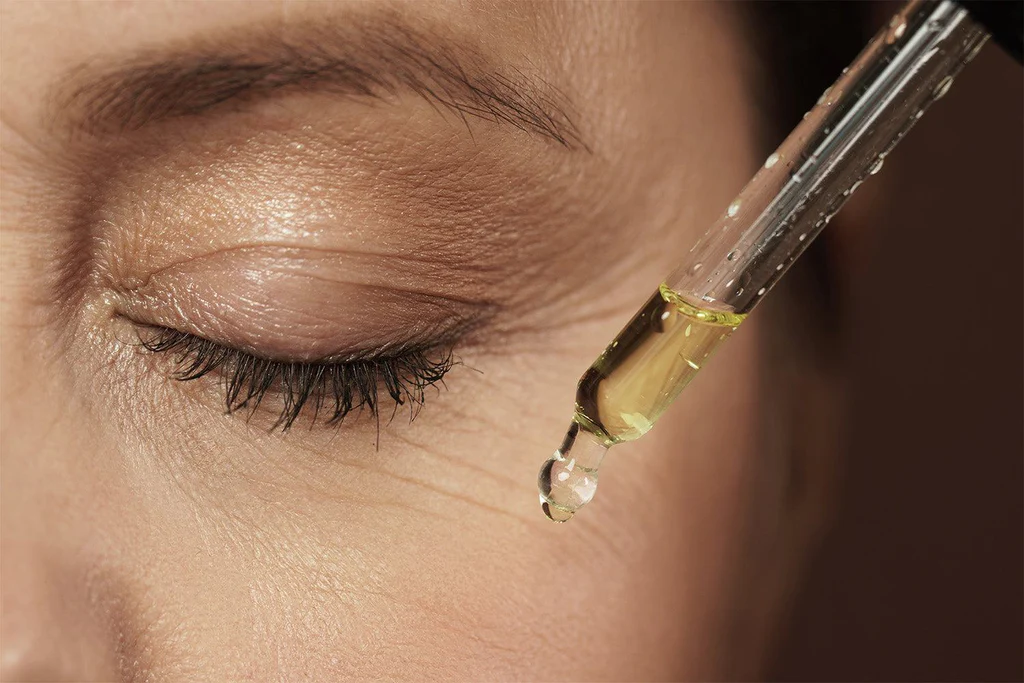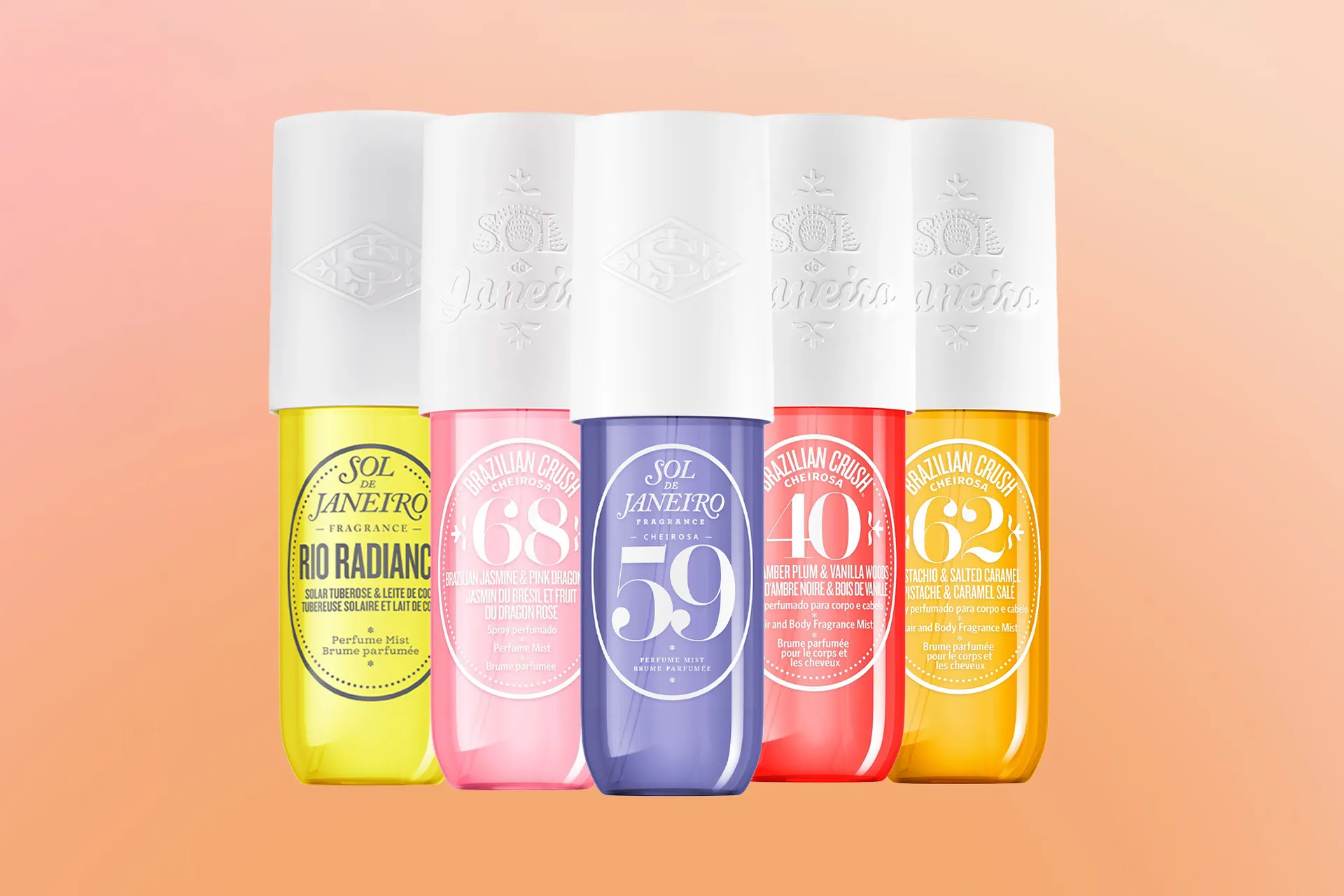Acne is a common skin condition that affects millions of people around the world. It occurs when the pores of your skin get clogged with excess oil, dead skin cells, and bacteria, causing inflammation and breakouts. Acne can affect your self-esteem, confidence, and quality of life, so finding a suitable treatment is important. However, not all acne treatments are safe, effective, or affordable. Some may cause side effects, such as dryness, irritation, or allergic reactions. Others may be too expensive or hard to find. That’s why many people are looking for natural alternatives, such as raw honey, to treat their acne.
Raw honey is honey that has not been heated, filtered, or processed in any way. It retains all its natural nutrients, enzymes, and antioxidants that make it beneficial for your skin. Raw honey has been used for centuries as a remedy for various skin problems, including acne, wounds, burns, and infections. But how does raw honey work for acne, and how can you use it effectively and safely? In this blog post, we will answer these questions and more, so you can discover the amazing benefits of raw honey for acne treatment.
What are the benefits of raw honey for acne?
Raw honey has several properties that make it beneficial for acne, such as:
- Antibacterial: Raw honey has natural antibacterial qualities, thanks to its enzymatic production of hydrogen peroxide. Hydrogen peroxide is a substance that kills bacteria and prevents infections. Raw honey can help eliminate the bacteria that cause acne, such as Propionibacterium acnes, and reduce the inflammation and redness of your skin1
- Anti-inflammatory: Raw honey has anti-inflammatory properties that can help soothe and heal your skin. Raw honey can reduce the swelling, pain, and irritation of your acne, and speed up the healing process. Raw honey can also stimulate the production of collagen, which is a protein that helps your skin repair itself and maintain its elasticity and firmness2
- Moisturizing: Raw honey is a natural humectant, which means it attracts and retains moisture in your skin. This helps to prevent dryness and dehydration, which can worsen your acne and make your skin more prone to irritation and infection. Raw honey can also balance the oil production of your skin, and prevent it from becoming too oily or too dry3
- Exfoliating: Raw honey contains natural alpha-hydroxy acids (AHAs), such as gluconic acid, that gently remove dead skin cells and unclog your pores. This helps to improve your skin texture and tone, and prevent the buildup of dirt and impurities that can cause acne. Raw honey can also brighten your skin and fade the scars and marks left by acne4
How to use raw honey for acne treatment?
There are different ways to use raw honey for acne treatment, depending on your preference and skin type. Here are some of the most common and effective methods:
- Spot treatment: You can apply raw honey directly to your acne spots with a clean cotton swab or your finger. Leave it on for 15 to 20 minutes, and then rinse it off with warm water. You can do this once or twice a day, until your acne heals.
- Face mask: You can apply raw honey all over your face as a face mask, and leave it on for 15 to 20 minutes, and then rinse it off with warm water. You can do this once or twice a week, to moisturize, exfoliate, and cleanse your skin. You can also mix raw honey with other natural ingredients, such as yogurt, oatmeal, lemon, or turmeric, to enhance its benefits and suit your skin needs. For example, you can mix raw honey with yogurt for a hydrating and soothing mask, or with lemon for a brightening and antibacterial mask.
- Face wash: You can use raw honey as a face wash, by massaging a small amount of it onto your damp skin, and then rinsing it off with warm water. You can do this every morning and evening, to gently cleanse and nourish your skin. You can also add a few drops of tea tree oil, which is another natural antibacterial agent, to boost the effectiveness of raw honey for acne treatment.
What are the precautions of using raw honey for acne treatment?
Using raw honey for acne treatment is generally safe and beneficial, as long as you use the right type and amount of raw honey and follow the proper instructions. However, there are some precautions and risks that you should be aware of before using raw honey for acne treatment, such as:
- Allergic reaction: Some people may be allergic to raw honey or its components, such as pollen, bee venom, or propolis. This may cause symptoms such as itching, swelling, rash, hives, or difficulty breathing. If you have a known allergy to raw honey or bee products, you should avoid using raw honey for acne treatment. If you are not sure, you should do a patch test before using raw honey for acne treatment, by applying a small amount of raw honey on your inner elbow or wrist and waiting for 24 hours to see if you have any reaction. If you experience any signs of an allergic reaction, you should stop using raw honey immediately and seek medical attention.
- Skin irritation: Some people may have sensitive skin that may react to raw honey or its ingredients, especially if they use too much raw honey or leave it on for too long. This may cause symptoms such as burning, stinging, dryness, or peeling. If you have sensitive skin, you should use a small amount of raw honey and leave it on for a shorter time, or mix it with other soothing ingredients, such as aloe vera, cucumber, or chamomile. You should also avoid using raw honey that has a high concentration of acids, such as citrus honey, as they may be too harsh for your skin.
- Skin infection: Although raw honey has antibacterial and antifungal properties, it may also contain some contaminants, such as bacteria, fungi, or spores, that may cause infection or botulism, especially if the raw honey is unpasteurized or contaminated. This may cause symptoms such as fever, nausea, vomiting, or paralysis. If you have a compromised immune system, an open wound, or a chronic skin condition, you should avoid using raw honey for acne treatment. You should also use only high-quality and certified raw honey that has been tested and approved for safety and purity.
Summary
Using raw honey for acne treatment can be a great way to improve your skin health and appearance, as raw honey has many benefits, such as antibacterial, anti-inflammatory, moisturizing, and exfoliating properties. However, you should also be careful of the precautions and risks, such as allergic reaction, skin irritation, or skin infection, and use raw honey properly and safely. By choosing the right type of raw honey, making your own raw honey face mask, and following the instructions, you can enjoy the amazing benefits of raw honey for acne treatment.

 By
Your Beauty Plug
By
Your Beauty Plug




